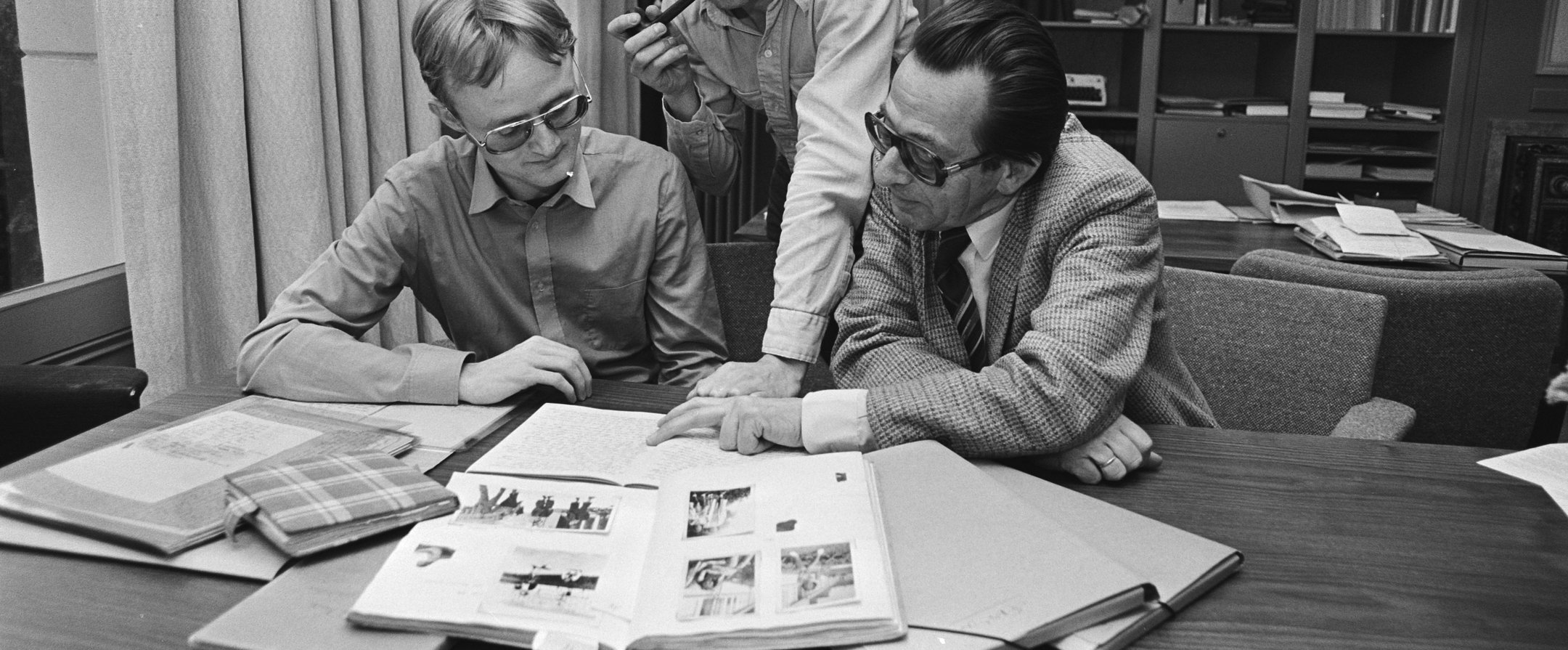What research has been done into the authenticity of the diary?
Because of the persistent accusations against the diary of Anne Frank in the 1960’s and 70’s, a number of investigations were carried out into the diary’s authenticity, partly on Otto Frank’s initiative.
The most extensive investigation was carried out in the first half of the 1980’s by the Netherlands Forensic Institute at the request of the National Institute for War Documentation. The results of this research were presented in a report of over 250 pages. The main section of the report is taken up with the findings of a detailed handwriting comparison, but a forensic document analysis was also carried out. The Diaries of Anne Frank, the so-called Critical Edition that was published by the NIOD in 1986, contains a 65-page summary of the Forensic Institute report.
The NIOD concludes: ‘The report of the Netherlands Forensic Institute has convincingly demonstrated that both versions of the diary of Anne Frank were written by her in the years 1942 to 1944. The allegations that the diary was the work of someone else (afterthe war or otherwise) are thus conclusively refuted.’
German research
Earlier research had also been done before the Forensic Institute’s investigation in the 1980’s. In 1959, Anne Frank’s manuscripts were studied by graphologists (handwriting experts) in Germany, as part of the preparations for a legal action that was brought by Otto Frank.
In March 1960, the Hamburg graphologists came to the conclusion in their 131-page report that all the notations in the diaries and the loose sheets, and all the corrections and additions, were ’identical’ with Anne’s handwriting. The report also concluded that the loose sheets were not written before the three diary books. Finally, the conclusion was made that ‘(...) the text published in German translation as Das Tagebuch der Anne Frank may be considered true to its sources in substance and ideas.’
A very limited investigation also took place in Germany in 1980, also in preparation for legal proceedings, and this time carried out by the Federal Criminal Police Office (the Bundeskriminalamt or BKA) in Wiesbaden. The BKA came to the conclusion that all the types of paper and ink used were manufactured before 1950, and could therefore have been used in the war years.
